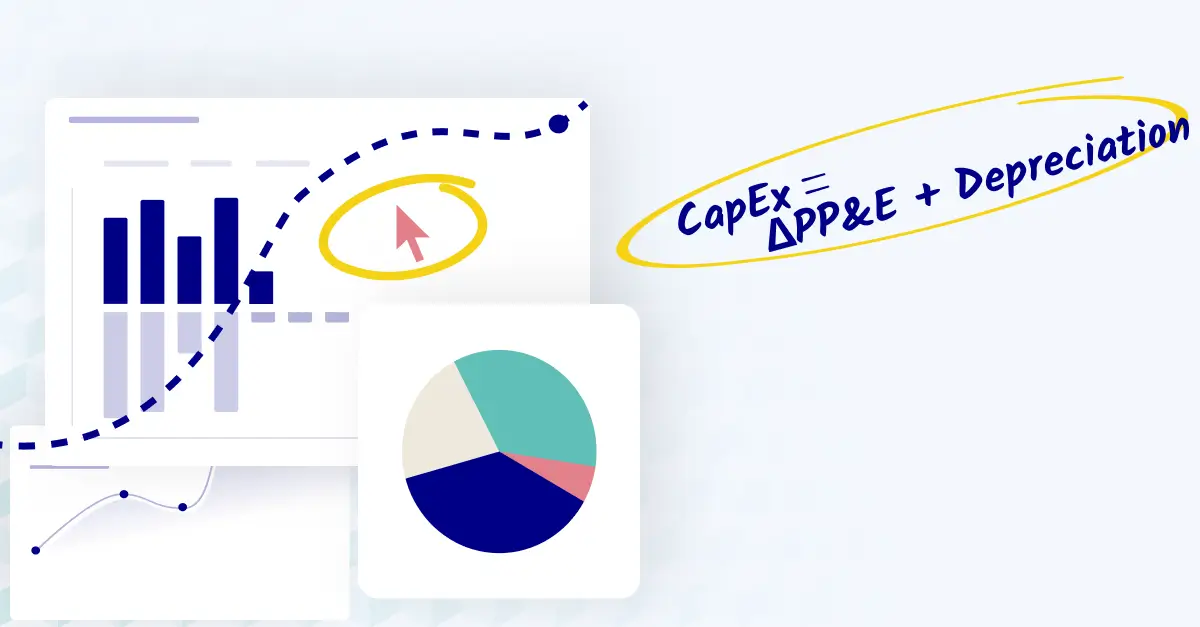Owner financing, also known as seller financing, is becoming increasingly popular in today’s economy. Owner financing is becoming a more attractive alternative to conventional financing as a result of the slowing of the credit markets and the increasing difficulty for individuals to borrow money. When the seller of the property basically agrees to accept payments rather than a lump sum, this is known as owner financing. In order for the owner to be able to finance your deal, the following conditions must be met:
1. The owner must have a substantial equity stake in the property. When they sell the property to you, the owner usually has their own mortgage, which they must repay in full. They usually can’t offer to finance a lot of the deal if they don’t have a lot of equity. The ideal situation would be for the owner to be approaching retirement. They probably have a lot of equity or even completely own the property. They want a steady cash flow rather than a lump sum when they sell the property because they want to retire.
2. The owner ought to be willing to accept financing. The seller probably won’t want to take on a lot of seller financing if they want to roll the money over to another property or need the whole amount of money for some reason.
3. The terms must be acceptable to both parties. Both parties must accept the interest rate, repayment schedule, and duration. Usually, this requires a lot of negotiating.
If you have all your ducks in a row and it seems like seller financing might be a possibility, here are some advantages to keep in mind if you want to lock in owner financing:
1. It’s possible that you won’t need traditional financing. This is contingent on the owner’s financing capacity. You might be able to qualify for traditional financing or lower your down payment if they are willing to finance just a little bit. However, this will not completely eliminate traditional financing unless you pay the remaining amount due as a down payment.
2. You might be able to get terms that are more flexible than on a standard mortgage. You have the ability to negotiate for the benefit of both the seller and the buyer. This is typically impossible with a conventional bank.
3. The property is still somewhat owned by the seller. Due to the fact that the seller has not yet received all of their payment, you are aware that you are not being completely duped. You might have to shell out a little bit more money for the deal. The seller only stands to get the property back if they completely screw you over and the house falls apart in a few years and you let it go into foreclosure. Using a shoddy property as collateral will not be acceptable to the seller.
There is no need to begin looking for properties that are available for sale with owner financing if it seems like it would work for you. You may be able to speak with any seller to determine whether they are willing to negotiate terms, even if a property has not been advertised as offering owner financing.









